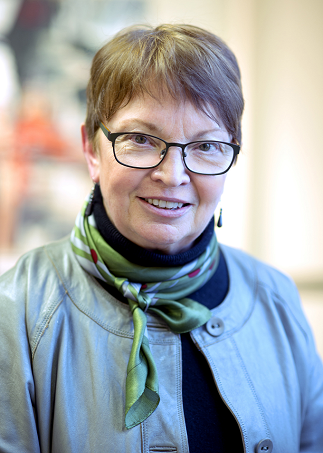Honors and Awards
Sarton Medal, History of Science Society, 2018
Joseph H. Hazen Education Prize, History of Science Society, 2015
Outstanding Alumni Award, Valparaiso University 2011
Ada Comstock Outstanding Woman Scholar, 2011
Fulbright Senior Fellowship, University of Auckland, 2008
President's Award for Outstanding University Service, 2004
Mullen/Spector/Truax Women's Leadership Award, UMN, 2002
George Taylor Distinguished Service Award, Institute of Technology, 2000
UMN TEL Award: Outstanding Computer Aided Course Project, 1998
Fellow, American Association for the Advancement of Science
Selected Publications
“Teaching and Exhibition on Nineteenth-Century Science Campuses,” Science Museums in Transition: Cultures of Display in Nineteenth-Century Britain and America, ed. Carin Berkowitz and Bernard Lightman (Pittsburgh: Pittsburgh University Press, 2017). https://www.upress.pitt.edu/BookDetails.aspx?bookId=36692
“Museum Perceptions and Productions: American Migration of Maori Hei-tiki,” Endeavor (2016): 3-17. Open access at http://www.sciencedirect.com/science/article/pii/S0160932716300035?via%3Dihub
"Creative Niche Scientists: Women Educators in North American Museums, 1880-1930" Centaurus (May 2013), 153-174.
Science and the American Century: Readings from Isis, edited with David Kaiser (Chicago: University of Chicago Press, 2013). http://www.press.uchicago.edu/ucp/books/book/chicago/S/bo14365516.html
Teaching Children Science: Hands-On Nature Study in North America, 1890-1930 (Chicago: University of Chicago Press, 2010). Order from University of Chicago Press.

